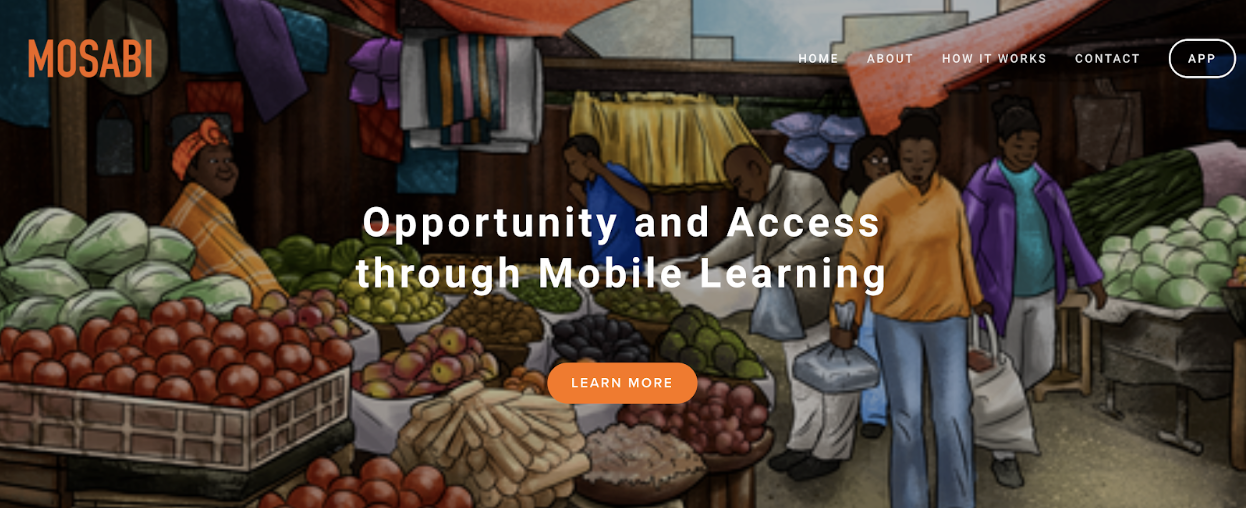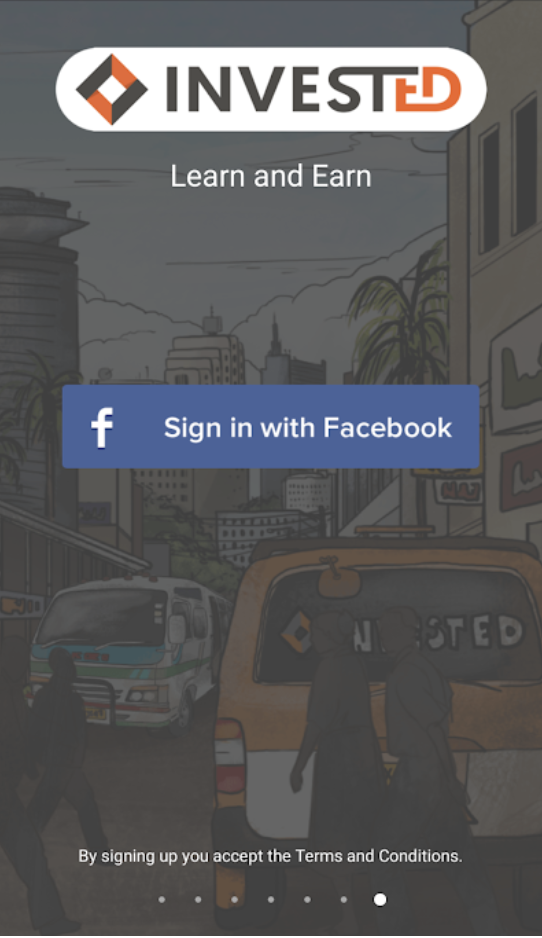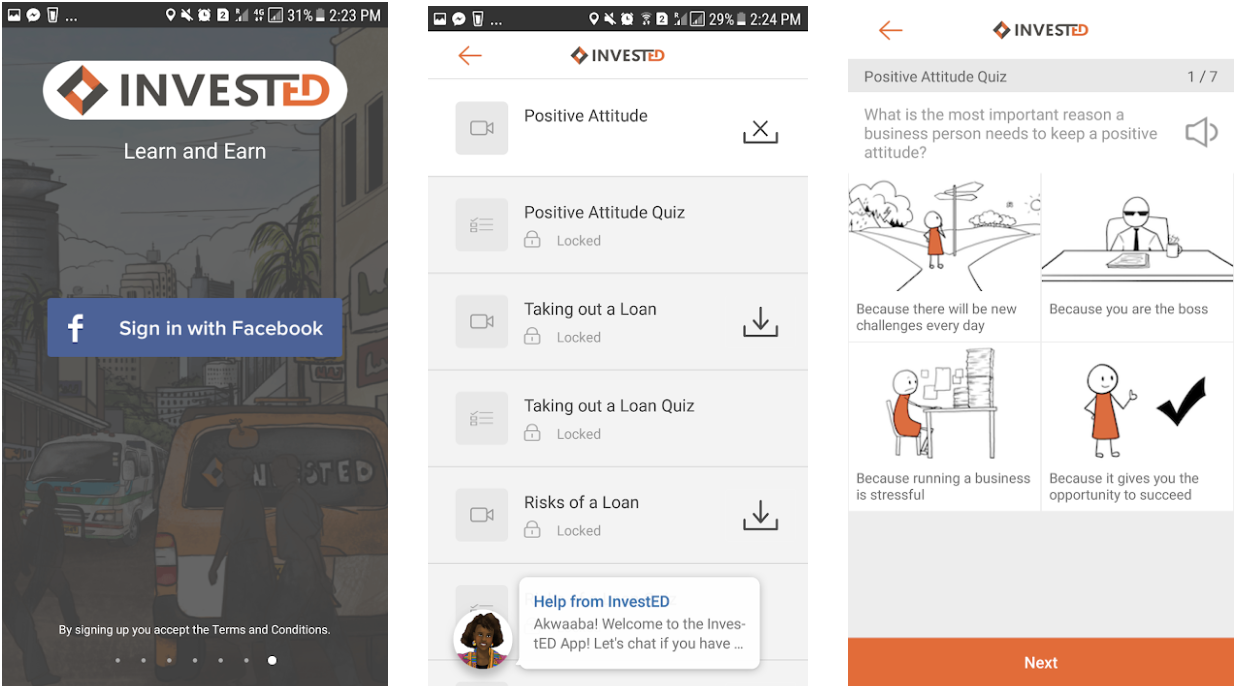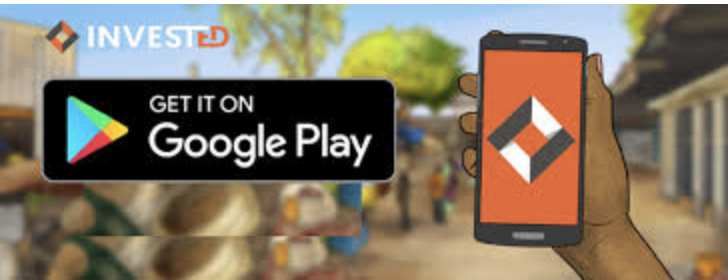Swish Stories - How to use innovation and technology to increase the impact of microfinance [a Swish case study]

Oumnia El Khazzani
about 7 years ago
![Swish Stories - How to use innovation and technology to increase the impact of microfinance [a Swish case study]](http://res.cloudinary.com/ho14lqzev/image/upload/v1544765927/f1lr11h9pjiebshvu23b.png)
TL;DR
- Fintech has the potential to bring great advancements to microloans and alternative credit scoring, helping the 1.7 billion people that are currently underbanked in the world get access to financing.
- Creating tech products that deliver value to these individuals is a key success factor for any entity looking to have an impact in this area of finance and banking.
- Swish’s collaboration with the social startup, Mosabi, is a use case of fin-tech for microfinance/microcredit.
- Swish enables entities to create impact in the areas of microloans and alternative credit scoring by building adapted, cutting-edge tech solutions.
Applying technology to financial products is a constantly increasing use case.
At Swish, we believe it should not be contained to well-established players in developed countries. Fintech for social change is an impactful application that Swish offers to an increasing number of entities across the globe.
Mosabi (formerly InvestED) is one of them. The social enterprise’s mission is to “unlock opportunities for motivated people through education and technology.”

The company provides free phone-based e-learning programs alongside microloans to empower entrepreneurs in emerging countries.
The power of empowerment.
Microfinance is an impactful way to create positive change in under-developed areas of the world. Instead of donating, microloans empower individuals by giving them an initial capital and the tools to generate sustainable income out of it. Giving access to microloans triggers a compounded effect: individuals create a sustainable revenue stream which can support their living expenses (and, often, their family’s too).
As did Muhammad Yunus, Nobel Peace Prize and inventor of Microfinance say in an interview: “If they [the individuals benefiting from a microloan] can create income for themselves, they can take care of right to food, right to shelter much more easily than the government can ever do it.”
An app for financial freedom.
The model Mosabi uses is straightforward: the Mosabi app is installed on phones which are then lend to individuals. They follow a program of video tutorials and quizzes that train them on business management and managing their finances responsibly.
The app connects vetted borrowers to trusted lenders. Through engaging storytelling, beautiful animations, and essential business lessons, users learn how to grow a successful small business. By completing courses, they qualify to apply for loans.
For the app to reach its goal, it has to be user-friendly, tailored to the level of education of the users, and adapted to the technological infrastructure of the regions (low internet bandwidth).
The code does not lie.
In September 2016, we met the Mosabi team and offered a free review of their application’s code. We wanted to see if there was a way for us to support such an impactful initiative.
There was: the code analysis revealed weaknesses and inconsistencies in the app, which we had the expertise to fix.
Such inconsistencies can lead the app to malfunction or deliver below optimal user experience. Also, the cleaner the code, the more sustainable the app is.
For the sake of the longevity of the program, Mosabi charged us to review and fix the architecture and code of the app.
Revamping the app.

The app is the heart of the company’s business. It is the central tool for the company's mission to enable individuals to grow their income and get a better livelihood.
We discussed the code weaknesses with Mosabi, and the company decided to use this situation as an opportunity to do an overhaul of the platform.
The Mosabi team had been running the app for enough time to collect user feedback, which allowed us to also include User Interface (UI) improvements.
The scope:
We used this collaboration as an opportunity to work on the following areas:
Code and bug fixes
Readjustment of the user interface based on user feedback and app usage
Functionalities for new projects
App flow:
Mosabi and Swish reviewed and reworked the user stories and user journeys of the app.
User journeys explore the flow in the app usage - the paths the user can take once on the app. The user stories build-up on the user journeys and allow teams to check if they have integrated all the features necessary for the journey to happen.
Design:
From wireframing to more sophisticated designs, we create during this phase the first visuals for the new features of the app.
In the case of Mosabi, designers had to beware of technical requirements such as limiting the size of visuals to adapt to low internet speed, keeping functionalities straightforward to not distract users, and so on.
Development:
The developers can then work on the technical items and implement the design changes into the app, keeping in mind the type of device (Android) and internet broadband limitations.
Deployment:
After 8 sprints, we delivered the new app to the Google Play Store.
Test and maintenance:
Once an app is accepted on the hosting platform, we monitor its behavior and operate any fixes or amendment necessary.
For Mosabi, Swish maintained the app post-submission to the Google Playstore, and we have been adding features and upgrading the product since its deployment in February 2017.

Creating efficiency and simplicity. The Mosabi app has a straightforward UX, simple design that provides the best learning experience.
Results:
After 16 weeks of collaboration, we released the new Mosabi app.
Since then, the app has been widely used to provide financial education to hundreds of entrepreneurs in countries such as Sierra Leone and Senegal.
The product-market fit allowed Mosabi to gain more visibility, growing the reach of their service.
In November 2018, Mosabi was announced by the Monetary Authority of Singapore as part of the winners of the Fintech Hackcelerator held during the third Singapore Fintech Festival.
The same month, Mosabi was also the winner of an accelerator program offered by the French bank, Société Générale, an initiative “to spark innovation and development in Africa.”

Learn more about Mosabi and their mission to bring financial literacy and access to the underbanked.
Tech for Microfinance:
Fintech has the potential to bring great advancements to microloans and alternative credit scoring, helping the 1.7 billion people that are currently underbanked in the world get access to financing.
Innovation is leaving an increasing footprint on the microfinance industry, and current and future technological developments hold the potential to solve issues faced by the players in that space.
Impactful web and app interfaces are crucial to delivering relevant education for microcredit programs like Mosabi’s. Users in emerging markets are often under-educated, which can lower their patience with traditional educational materials. Creating engaging and streamlined user interfaces will drastically increase the success of a program.
Including blockchain elements to tokenize and fluidify assets such as livestock, businesses, real estate can bring a new model for microfinance.
Introducing machine learning-based features will increase the impact of educational and support programs through applications such as support bots, digital financial assistants, virtual buddy programs and coaching.
The list can go on, and it will as technology continues to advance.
The role of a tech partner is to stay on top of these advancements and equip microfinance entities with the latest developments, allowing them to create the highest impact.
**Swish is the ecosystem for innovation. We bring together the smartest & most creative minds to work on impactful technology for entities that shape the world.
Are you a microfinance startup looking for a tech partner? A bank innovation program looking to create impact through technology? A governmental agency striving to positively impact lives through microcredit? We can help, let’s chat!**